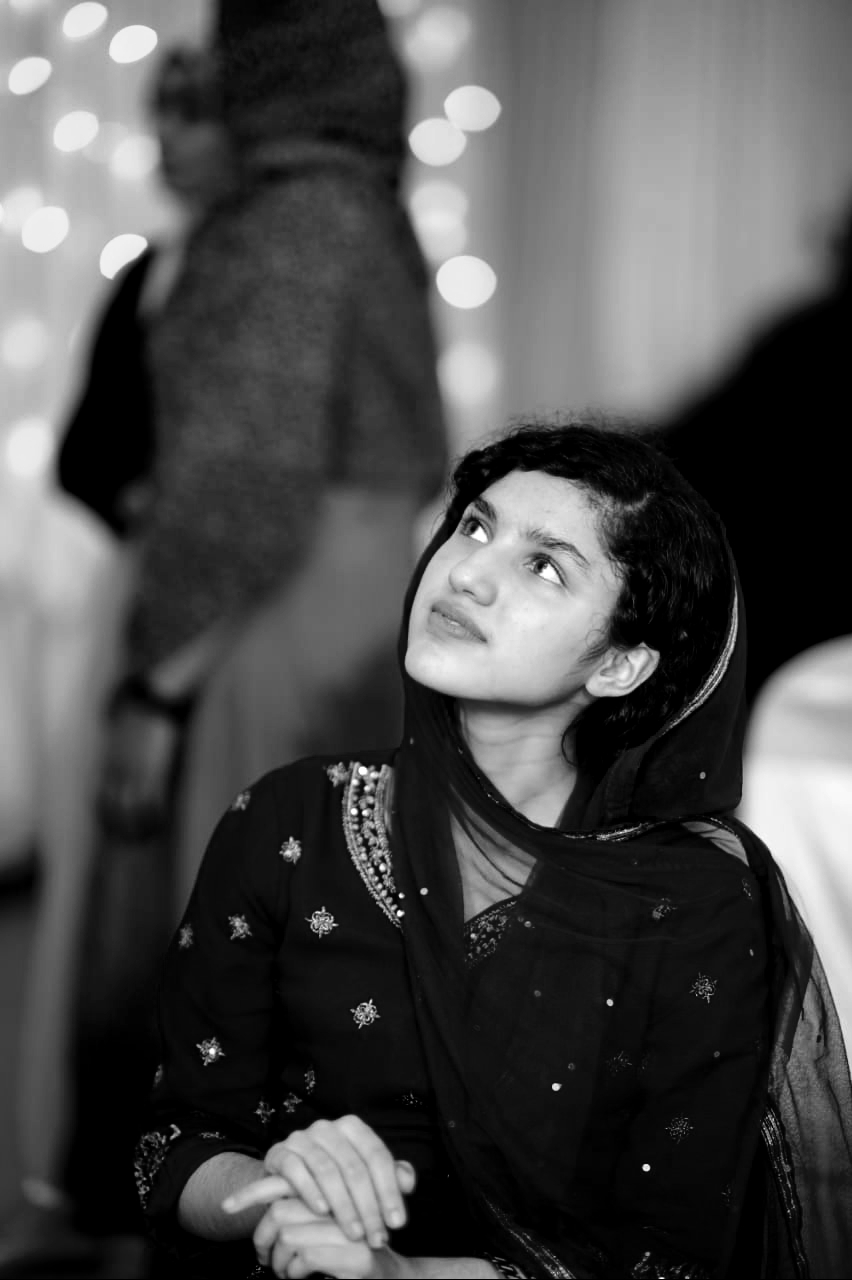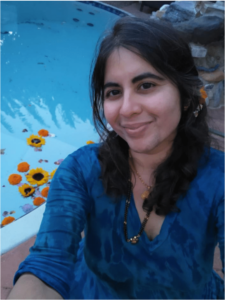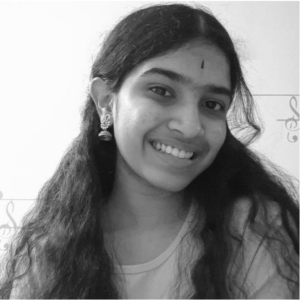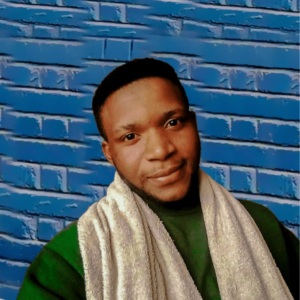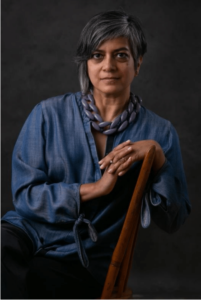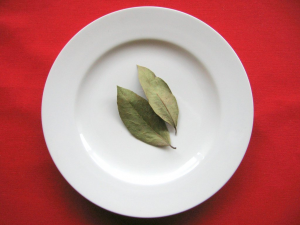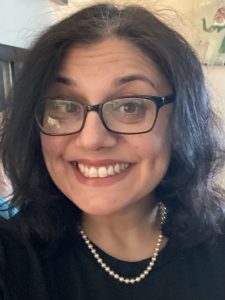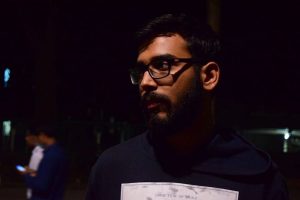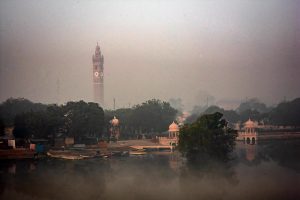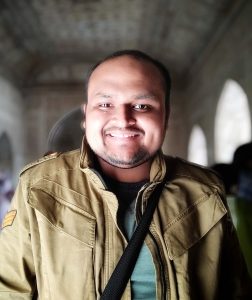You & I
Shannan Mann
People always confused us, even though we were two years apart. My hair was oiled black and yours was a hive of lemon curls. Photographs have us doing the same things. In one, we are crosslegged in a sandbox. I’ve got white chalk under my nails while yours are kaleidoscoped red pink and vomit-yellow. You liked butterflies, they thought your head was candytuft. But I hated insects, hated your silverfish legs, firebrat arms, emerald ash eyes. Mine were black like my hair. Do you remember when you said they were black like a galaxy, the way secret things can be? We loved the look of the other. We scoured a plastic globe hollow of hope and pinned ourselves in Oxford, Paris, Honolulu. As if the earth was a voodoo doll and we could break it to our will. You said you wanted to be a witch. I snickered under my breath, a tween slur rhyming, itching to lash out. But I held back and said: should we tarot our way into our futures? You turned my card, La Papesse, robed in gas-flame blue, clutching a book and I turned yours — it was only fair — L’Impératrice, her blue robe shot through with poison-red, a crown of twelve stars, and a sceptre languishing on a queen body. Eighteen years later no one can confuse us. You have written a hundred and one poems about doppelgängers. I have mastered the art of forgetting and remembering. I act. You’ve had three miscarriages and I have twins. Sometimes, I see your name glowing on my face at midnight, wondering if you see mine too. It’s silly. Like the romcoms I never liked and you loved. And when I think of love, I go back to why they confused us.
![]()

Shannan Mann is an Indian-Canadian poet. A recent winner of the Peatsmoke Summer Contest, she was also a finalist for the 2022 Rattle Poetry Prize, 2021 Frontier Award for New Poets, and has been nominated for the 2022 Forward Prize. Her poems have appeared or are forthcoming in Rattle, Birdcoat Quarterly, Frontier, Humber Literary Review, Oh Reader and elsewhere. You can find her at https://www.instagram.com/shannanmania

